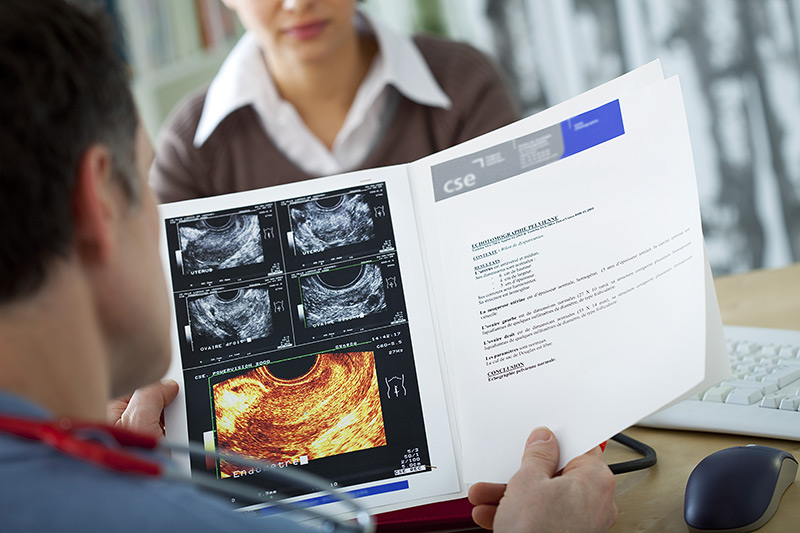The Power of the Period
I know I’m not the only one who has been met with faces of disgust when someone finds out I’m on my period or the only woman who has hesitantly and warily whispered around to my female colleagues in search of a pad or tampon if, god forbid, I forgot to pack my own. I’m definitely not alone in getting hit with the “are you on your period?” after an expression of anger or frustration.









